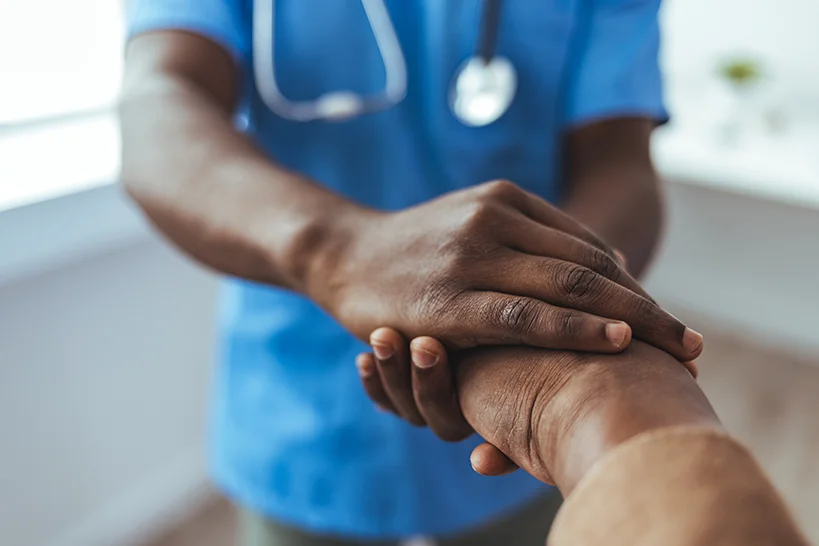Tag: service workers

The seemingly random patterns in low-paid and middle-class workers’ struggles are assembled into a cohesive narrative supplied by people who let the camera in for an intimate look. A few top executives are thrown in to highlight the economy’s inequality, which lower-paid workers like Randi recognize as deeply unfair. Randi, a health care aide in…

A growing number of Americans can’t pay their rent, and the queues forming outside food banks hint at human need on the scale of the Depression. For Americans who were already living paycheck to paycheck prior to the pandemic, the $1,200 relief checks the government has deposited into their bank accounts are too little and…


